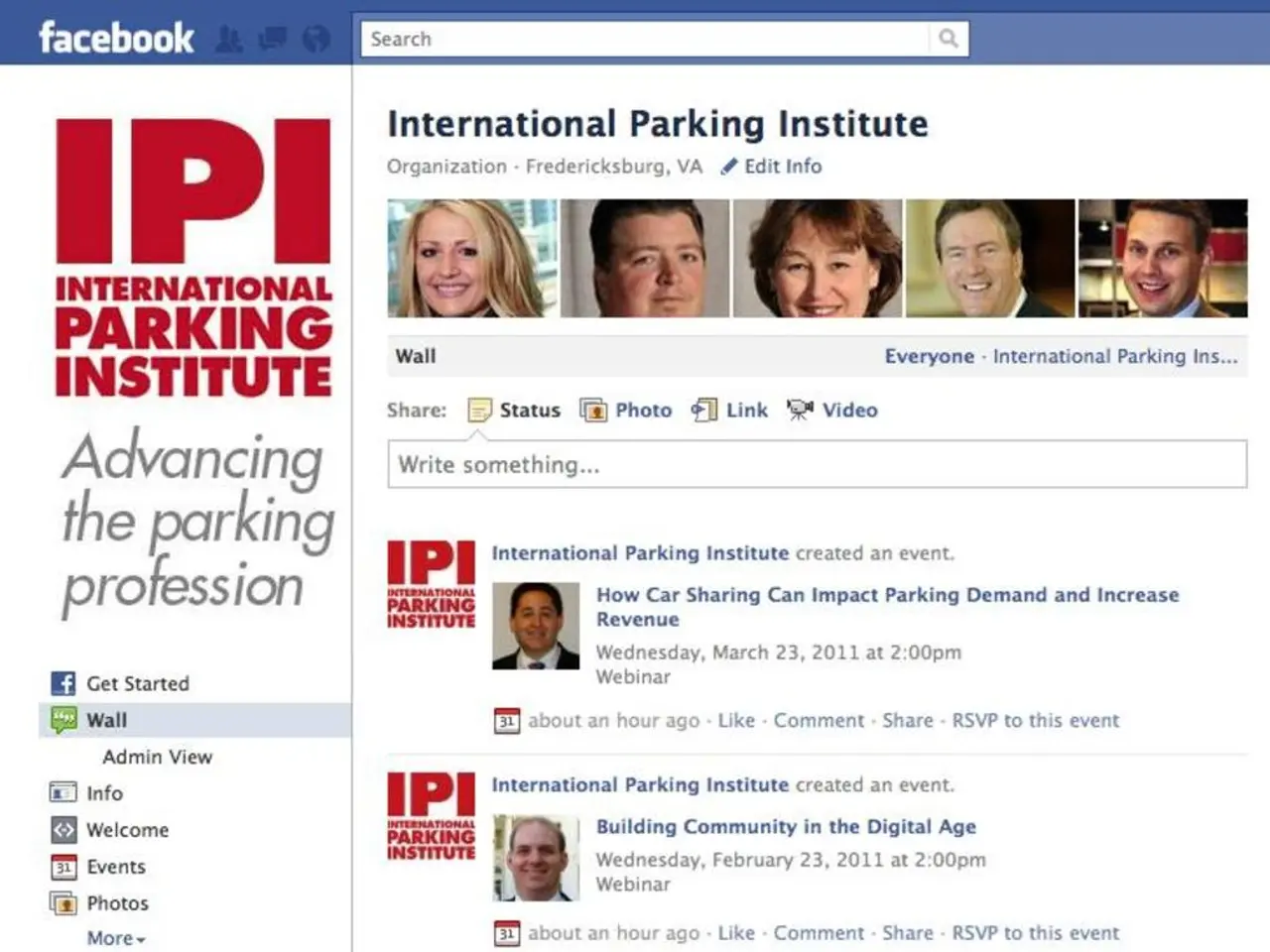Realizing Personal Growth: Liberation or Bondage?
In the fast-paced world we live in, the pursuit of happiness can sometimes feel elusive. However, understanding the principles outlined by Abraham Maslow's Theory of Human Motivation (1943) can provide valuable insights into achieving lasting happiness.
Maslow's theory suggests that human beings have universal needs, and satisfying all of them leads to complete personal well-being and happiness. His Pyramid of Needs explains that human motivation and the pursuit of happiness follow a hierarchical structure, where basic needs like physiological and safety must be met before higher needs related to love, esteem, and self-actualization can be pursued.
Physiological and safety needs, such as food, shelter, and security, are foundational and must usually be satisfied first. Without them, individuals typically cannot focus on happiness derived from higher needs.
Social needs (love, belonging) and esteem needs (respect, achievement) contribute to emotional well-being and confidence, which bolster happiness in social and personal contexts.
At the top of the pyramid, self-actualization involves personal growth, creativity, and fulfillment of potential. Happiness in this stage comes from meaningful engagement and personal development rather than material conditions alone.
In today’s complex societies, people may pursue multiple needs simultaneously rather than strictly stepwise, reflecting that cultural and individual differences influence how happiness is sought. Furthermore, safety needs might now manifest in job security or financial stability rather than just physical protection.
To avoid falling into the spiral of constant striving for achievement, it is recommended to not stop doing what one has always liked to do, set realistic and sequential objectives, take breaks, plan and organize time, and accept oneself. It is crucial to have another type of leisure aside from work for relaxation and disconnection. Examples include reading novels, watching movies, or going for a run.
Labeling achievements as important or less important can give meaning to life, but it can also lead to self-enslavement when one dedicates oneself permanently to academic or work effort, neglecting other sources of gratification.
Planning and organizing time is key to finding time for desired activities. Taking breaks is important not only for performing other tasks but also for being with oneself. Meditation can be a good way to rest and produce positive effects.
Remember, each person has unique limitations and characteristics, and it is important to accept and take advantage of one's qualities. By understanding and applying Maslow's principles, we can strive for happiness in a more balanced and fulfilling way.
[1] Maslow, A. H. (1943). A theory of human motivation. Psychological Review, 50(4), 370-396. [2] Maslow, A. H. (1954). Motivation and personality. New York: Harper & Row. [3] Ryan, R. M., & Deci, E. L. (2000). Self-determination theory and the facilitation of intrinsic motivation, social development, and well-being. American Psychologist, 55(1), 68-78. [4] Csikszentmihalyi, M. (1990). Flow: The psychology of optimal experience. New York: Harper & Row. [5] Pink, D. H. (2009). Drive: The surprising truth about what motivates us. Riverhead Books.
- To achieve lasting happiness and well-being, as suggested by Maslow's Theory of Human Motivation, one should first address basic physiological and safety needs, followed by social and esteem needs, and finally aim for self-actualization, which focuses on personal growth, creativity, and fulfillment of one's potential.
- In the realm of education-and-self-development, mediation can serve as a valuable tool for personal growth, contributing to mental-health and health-and-wellness by providing a means to rest, relax, and produce positive effects, thereby encouraging personal-growth and overall happiness.
- By taking breaks, planning time effectively, and engaging in activities like reading, watching movies, or going for a run – in addition to one's work – one can foster a balanced lifestyle that supports psychological well-being and contributes to the pursuit of happy self-actualization, as outlined in Maslow's Theory of Human Motivation.




